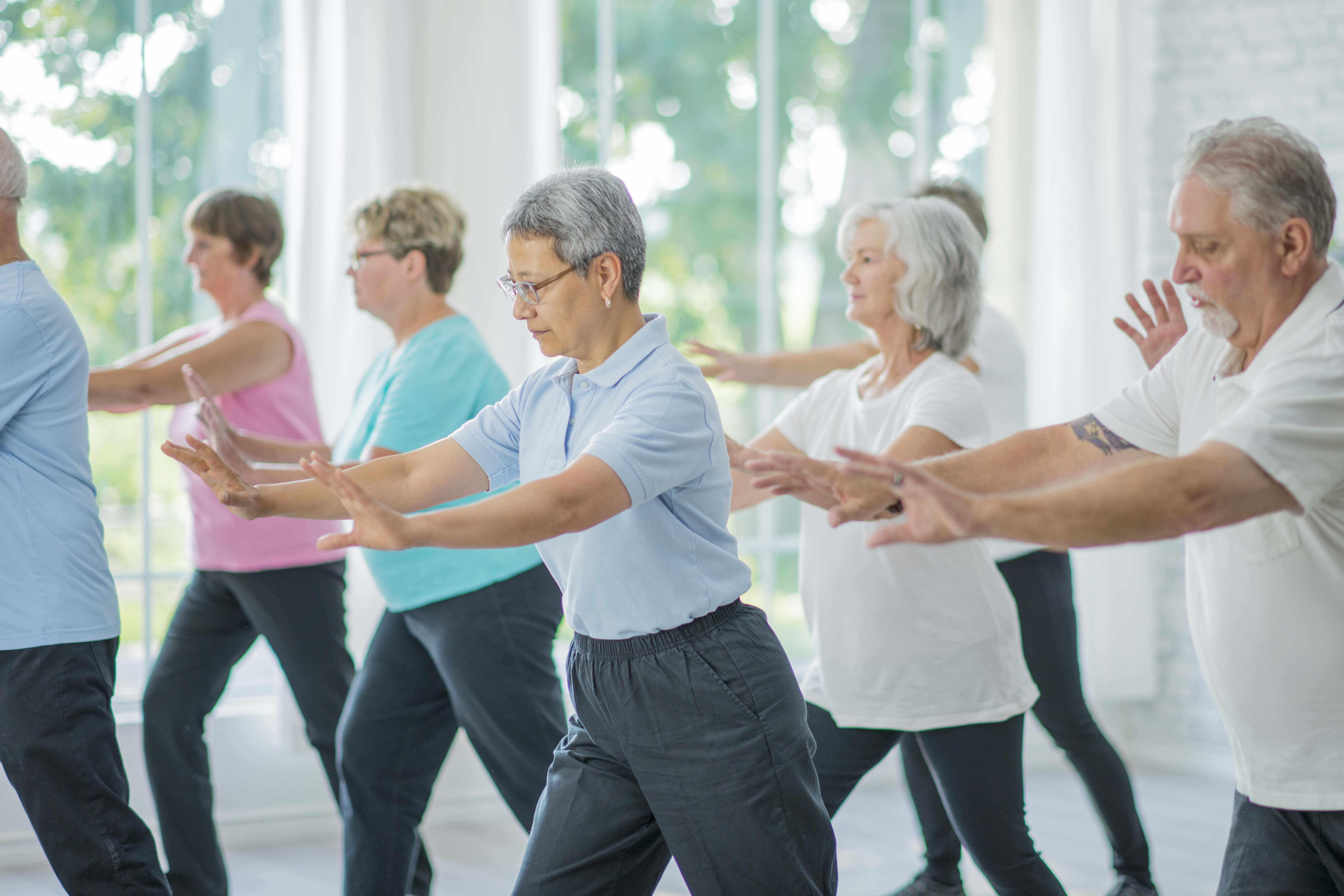The reality of those risks can create a palpable fear of falling that intensifies as we age, affecting up to 60 per cent of older adults. And if you've experienced a fall or know someone who has, that fear may have already taken root. Real or perceived, the fear of falling often translates into a loss of confidence while doing everyday activities, especially anything physical. Whether it be walking to the mailbox in the morning to get the paper or rushing to answer the door, a slight trip over a loose mat could mean a broken hip and months of recovery in the hospital. For those who cherish independence and aging in place - it can be a source of stress and anxiety.
Consequently, older adults tend to cut back on physical activities. This not only lessens their quality of life but can ultimately increase their risk of falling as physical conditioning declines; reducing energy, strength and balance. In an online Psychology Today article posted in 2013, a research study on the fear of falling affirmed that, "As people do less, they become less able to engage in activities. They have difficulty moving around, and their gait and balance deteriorates. This puts them at an increased risk of falling, which unfortunately means the fear of falling actually becomes a self-fulfilling prophecy."
And that's how the well-documented, vicious cycle of increasing risk begins. So how can we break the cycle? Educating yourself and talking with your doctor to discuss risk provides the best defense against falls. There are several things that you can do today to reduce your risk of falling and the best place to start is in your own home. According to the Government of Manitoba's preventing falls webpage, here are some proactive steps to consider:
- In consultation with your doctor or physiotherapist, develop an exercise plan to improve balance, muscle strength and mobility. Consider looking into local community resources like the City of Winnipeg's Leisure Guide, as disciplines such as Tai Chi have been shown to reduce fall risk. Improved physical conditioning can go a long way in restoring confidence.
- Remove hazards in and around your home like loose mats and scatter rugs.
- Review all medications with your doctor or pharmacist.
- Eat regular healthy meals.
- Take a vitamin D supplement.
- Manage chronic health conditions.
- Determine reasons for feeling dizzy.
- Choose supportive and safe footwear.
- Have your eyes checked regularly by your optometrist or opthalmologist.
- Use assistive devices to help address sensory and physical impairments.
To watch a video on how the service works click here. To sign up and take advantage of this limited time offer, call (204) 956-6777 or toll-free 1-888-722-5222.
*Equipment may not detect all falls. Undetectable falls can include slow falls, falls from low heights and slides from seated positions. If able, users should always push their button when they need help.




